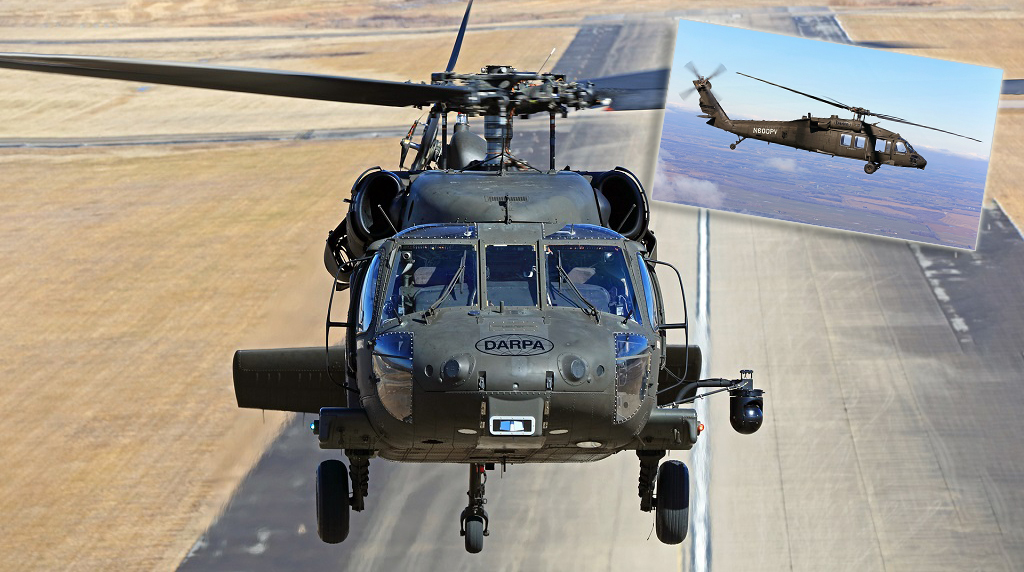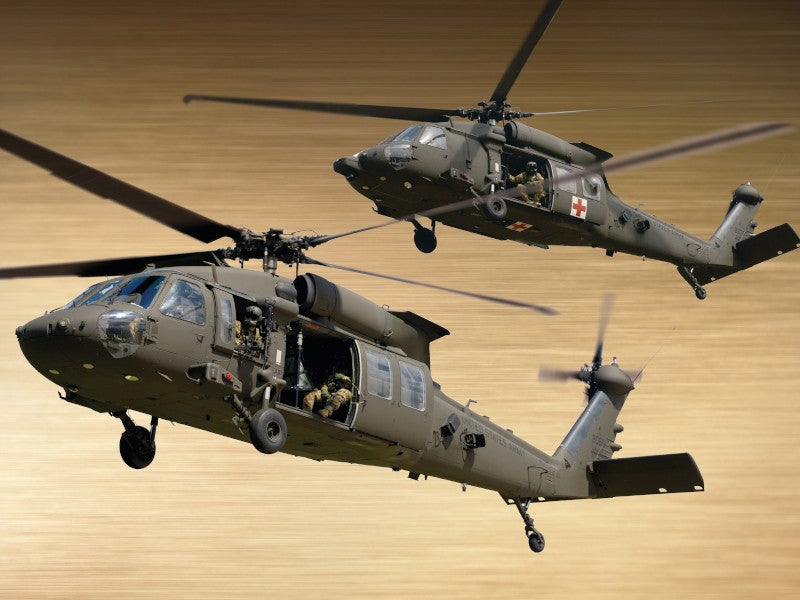UH 60 Black Hawk Helicopter Versions and Their Usages
UH 60 Black Hawk Helicopter Versions and Their Usages
Blog Article
The Effect of Sustainable Practices on the Future of Airplane Procedures and Emissions Decrease
As the aviation industry encounters increasing scrutiny over its environmental influence, the fostering of sustainable practices emerges as a crucial pathway towards future aircraft operations and emissions decrease. Advancements in lasting aeronautics fuels and advancements in hybrid propulsion technologies stand at the leading edge of this change, appealing considerable reductions in greenhouse gas emissions.

Review of Sustainable Practices
Lasting techniques in aircraft procedures incorporate a variety of techniques intended at decreasing environmental influence while keeping functional efficiency. These methods are crucial in the air travel market's commitment to decreasing its carbon footprint and adhering to international environmental standards. Secret initiatives consist of optimizing trip paths to decrease gas consumption, improving maintenance protocols to guarantee airplane run at peak efficiency, and executing advanced innovations such as winglets and light-weight products that boost aerodynamics.

Training and involving staff on sustainability techniques likewise play an essential role, promoting a culture of environmental duty within organizations. Generally, the integration of these sustainable practices not only aids reduce exhausts yet also improves the lasting viability of the aviation field, guaranteeing it meets the needs of both customers and governing bodies while adding to global sustainability goals.
Cutting-edge Fuel Alternatives
Many cutting-edge fuel options are arising as essential remedies to minimize the aeronautics industry's dependence on traditional fossil fuels. Amongst these options, Sustainable Air travel Fuels (SAFs) have obtained considerable interest because of their prospective to reduce lifecycle greenhouse gas discharges by as much as 80% compared to conventional jet fuels. SAFs are originated from different feedstocks, including waste oils, farming residues, and even algae, making them a flexible option for the market.
One more appealing option is hydrogen fuel, which, when used in fuel cells, produces just water vapor as a result. This zero-emission potential presents a significant chance for decarbonizing flight operations, specifically for short-haul trips and regional airplane. In addition, electrical propulsion systems are being checked out, leveraging battery innovation to power aircraft. While current battery ability restrictions variety and payload, recurring improvements may soon provide electrical trips feasible for particular applications - uh 60.
Finally, biofuels originated from biomass are being examined, supplying a sustainable option that can be combined with conventional fuels. Jointly, these innovative gas alternatives represent an important action toward attaining a sustainable aeronautics environment, aligning with international emissions decrease targets and boosting the sector's environmental stewardship.
Technical Advancements in Air Travel

Exactly how can technical innovations improve the future of air travel? Technologies such as electrical and hybrid propulsion systems are at the leading edge, promising significant decreases in fuel usage and greenhouse gas discharges.
Moreover, the implementation of sophisticated materials, such as lightweight composites, adds to boosted the rules of aerodynamics and fuel efficiency. Using synthetic knowledge and artificial intelligence in flight procedures maximizes course preparation and reduces fuel shed by enabling real-time modifications based on weather and web traffic conditions. In addition, the advancement of autonomous and remotely piloted airplane systems stands to change cargo and guest transportation, potentially boosting performance while decreasing human error.
In addition, lasting aviation innovations, including innovative air web traffic management systems, can decrease and simplify operations blockage, leading to reduced discharges throughout flight. These developments jointly stand for a paradigm shift in aeronautics, guaranteeing a future where sustainability and functional efficiency see it here are intertwined, thereby sustaining the industry's dedication to reducing its environmental influence.

Regulative Framework and Conformity
Because of the expanding focus on environmental stewardship within the aviation industry, the governing structure controling aircraft operations is advancing to promote sustainable methods. Regulative bodies, such as the International Civil Aviation Organization (ICAO) and various national aeronautics authorities, are introducing go to this website strict guidelines intended at lowering exhausts and enhancing functional effectiveness.
These policies often consist of the adoption of Lasting Air travel Gas (SAF), which has been acknowledged as an essential part in attaining lower carbon impacts. Compliance with these policies calls for airline companies to carry out functional practices and advanced innovations, such as enhanced Find Out More flight paths and improved air traffic administration, to reduce fuel usage.
Additionally, the enforcement of discharges trading systems and carbon countering initiatives is coming to be increasingly prevalent, compelling airlines to monitor and report their emissions accurately. Non-compliance can result in significant penalties, therefore pressing drivers to focus on sustainability in their service versions.
Inevitably, the progressing governing landscape not just drives technology and financial investment in environment-friendly modern technologies however additionally cultivates a society of responsibility within the air travel market. As these structures remain to develop, the concentrate on lasting techniques will be essential to achieving the sector's long-term ecological objectives.
Future Fads in Airplane Workflow
As the air travel industry adapts to a significantly strict governing environment, future trends in aircraft operations are readied to focus on ingenious services that better boost sustainability and effectiveness - uh 60. Key advancements will likely consist of the fostering of sophisticated air traffic monitoring systems, which use real-time information and expert system to enhance trip courses, lowering fuel intake and discharges
An additional considerable trend is the raised combination of lasting air travel fuels (SAFs) These alternatives to conventional jet fuel, stemmed from sustainable sources, can dramatically lower lifecycle greenhouse gas emissions. The industry's dedication to SAFs will likely speed up as airline companies collaborate with gas producers to make certain accessibility and cost-effectiveness.
In addition, the push towards electrification and hybrid propulsion systems is gaining momentum. Arising aircraft styles will incorporate these technologies, providing quieter and extra efficient operations, specifically for short-haul flights.
Verdict
Finally, the combination of lasting practices in aircraft procedures holds significant potential for discharges reduction and improved efficiency. The adoption of lasting aeronautics gas, combined with developments in hybrid and electric propulsion systems, is necessary for minimizing lifecycle greenhouse gas discharges. Moreover, enhancing trip courses and embracing innovative technologies add to a quieter and a lot more eco-friendly air travel industry. Collectively, these efforts straighten with global sustainability objectives and lead the way for a greener future in aviation.
Advancements in sustainable air travel gas and advancements in crossbreed propulsion innovations stand at the center of this transformation, encouraging considerable reductions in greenhouse gas emissions.Countless ingenious gas alternatives are emerging as crucial options to decrease the air travel market's reliance on typical fossil fuels - uh 60. Among these options, Sustainable Aviation Gas (SAFs) have obtained considerable attention due to their possible to reduce lifecycle greenhouse gas emissions by up to 80% contrasted to conventional jet gas.One more significant trend is the boosted integration of lasting aviation gas (SAFs) The adoption of lasting aviation fuels, paired with improvements in hybrid and electric propulsion systems, is important for decreasing lifecycle greenhouse gas discharges
Report this page